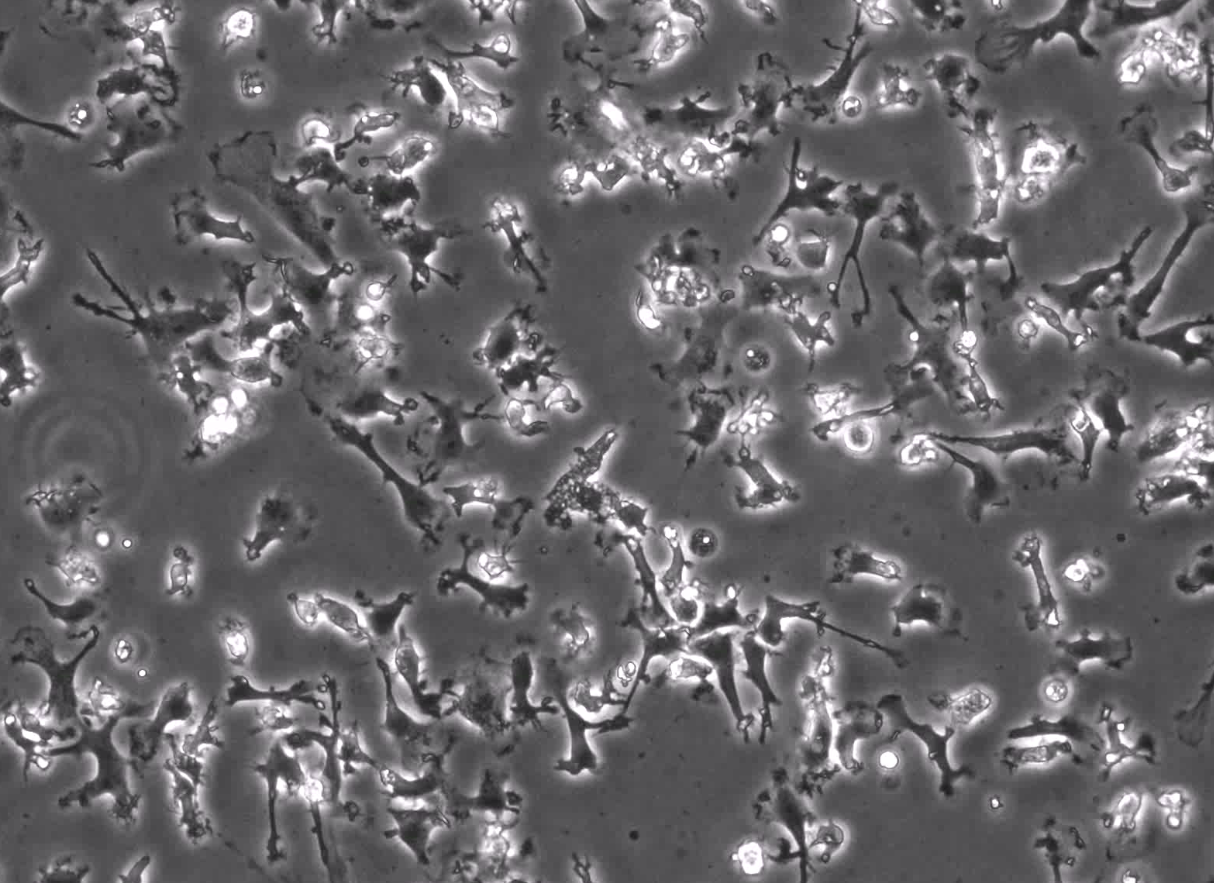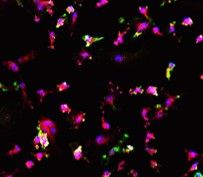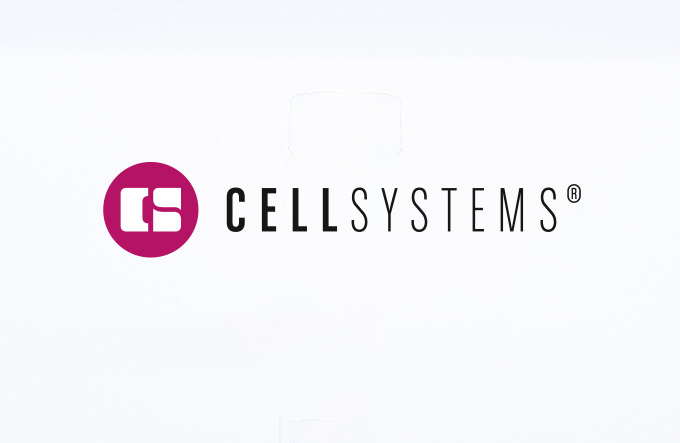Description
Take advantage of 25% off on these iPSC-derived Cells with Media – offer ends December 31, 2025
Microglia are the primary immune cells in the central nervous system (CNS) and they play a crucial role in maintaining neuronal homeostasis and synaptic plasticity for normal brain development and neuronal function, and inflammatory responses. Microglia have also been implicated in the pathogenesis of several neurological disorders such as Alzheimer’s disease and Parkinson’s disease. The differentiation of iPSCs to microglia provide a steady source of primary microglia-like cells without the sourcing issues associated with primary microglia. These cells are an excellent physiologically relevant research model to study immune response mechanisms in the brain, neuronal function, and for disease modeling.
Applied StemCell has developed an efficient cytokine-based method to differentiate high-quality microglia cells from human iPSCs (iMGLs), which recapitulate the phenotype and functional parameters of primary microglia and in vivo microglial cells. The proprietary erythromyeloid induction protocol mimics the in vivo activation pathway for the development of microglia in the brain from hematopoietic stem cells.
The iMGLs were derived through directed differentiation from an integration-free, control human iPSC line (ASE-9211) reprogrammed from fibroblasts of an African-American male donor. These high-purity (≥90%) cells express microglial-specific markers TMEM119, and P2Ry12+ (also referred to as P2Y12+) as well as IBA1, CX3CR1+, and TREM2+. The cells are provided as fully-differentiated, cryopreserved cells that you can readily recover and culture for your experiments. The iMGLs are functionally viable for 7 days after recovery.
To maximize the performance of our iMGLs, this product is supplied with an optimized, serum-free Microglia Culture Medium designed to ensure robust maintenance and preserve full functional activity in culture.
These iPSC-derived cells are available from the following donors:
– Normal, Male, African American, Neonate, from Fibroblasts (#ASE-9211)
– Normal, Male, Caucasian, Adult, from Fibroblasts
– Normal, Male, Asian, Age 50, from PBMCs
Please contact us for more information.
SUPPLIER:
Applied StemCell
STATUS:
In Stock
SIZE:
1.000.000 cells/vial
-




